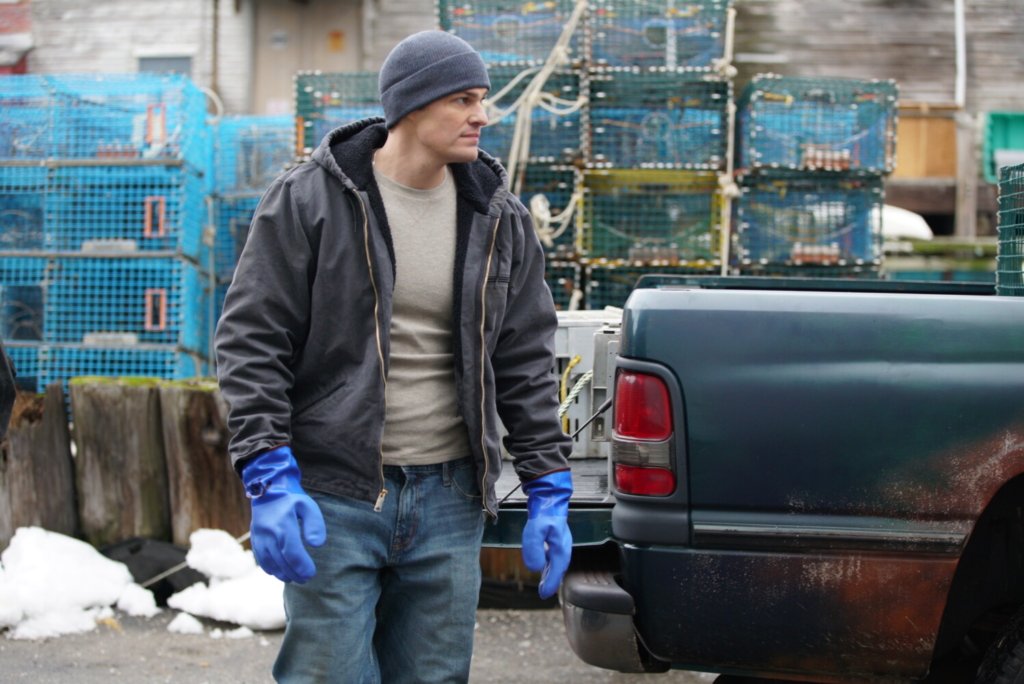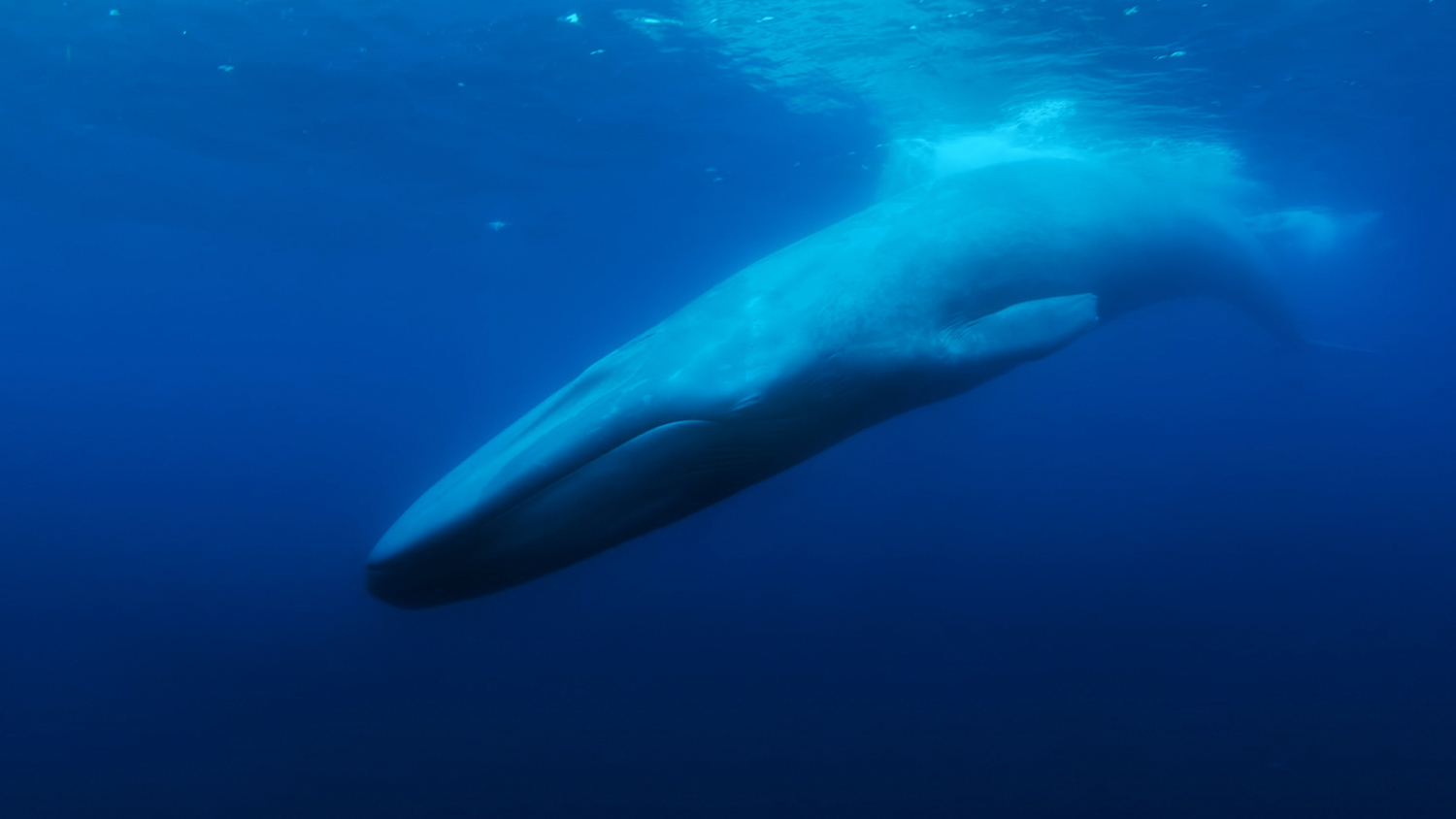Pig
by Hope Madden
A quick plot synopsis of co-writer/director Michael Sarnoski’s Pig suggests a very specific image. Nicolas Cage plays a hermetic truffle hunter whose beloved pig is kidnapped. He uses his particular set of skills to find her.
You are almost undoubtedly thinking this is John Wick, swapping Cage for Keanu and a pig for a puppy.
Nope.
This touching film—a tale of love, loss, authenticity and a good meal— is essentially the anti-John Wick. And we are better for it.
Cage’s legacy will rightfully be of an unhinged and singular talent—and also an actor who never turns down a gig. But every decade or so the stars align and Cage gets to stretch, he gets to underact. He hasn’t delivered as nuanced or thoughtful a performance since David Gordon Green’s 2013 film Joe.
Lurking, silent and disheveled, his character hitches a ride with the only soul who contacts him regularly, Amir (Alex Wolff, Hereditary), the slick wholesaler who takes his truffles off his hands each Wednesday.
As the two climb the ladder of potential kidnappers, from other outdoorsy truffle hunters to middlemen to chefs and higher still, Sarnoski mimics the beats of a vengeance thriller like John Wick or Taken, but he does this only to subvert expectations. It turns out, when your only real goal is to retrieve something beloved and lost to you, bloodshed doesn’t rank high in your thoughts.
A uniformly strong supporting cast and their priceless reactions to Cage’s vagabond presence not only illuminate the pretension Sarnoski hopes to call attention to in Portland’s high-end restaurant culture. They give the actor the chance to react.
Cage is almost always the center of attention in every film. It’s tough to look away from him because you’re afraid you’ll miss some insane grimace or wild gesture, but also because filmmakers love him and never pull away. Sarnoski asks you to wait for it. He gives Cage time to pause, breathe, and deliver his most authentic performance in ages.
I guarantee the folks to my left at this screening were here for Cage Uncaged! ™ Hopefully they appreciated the fact that they didn’t get it.














